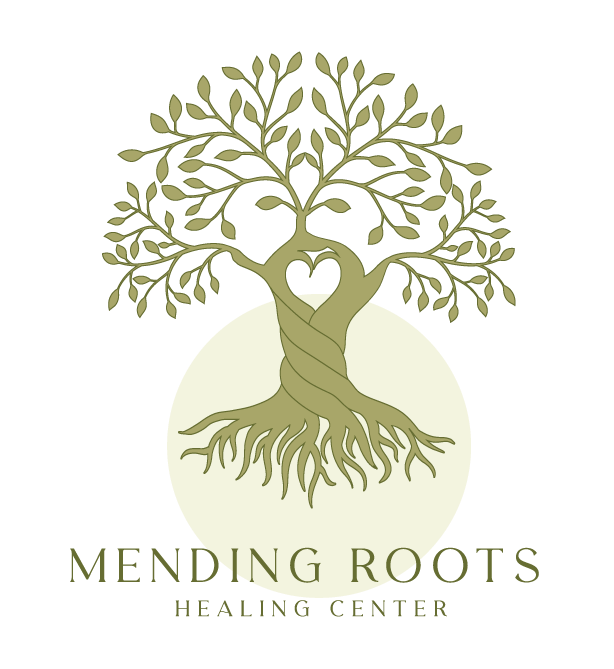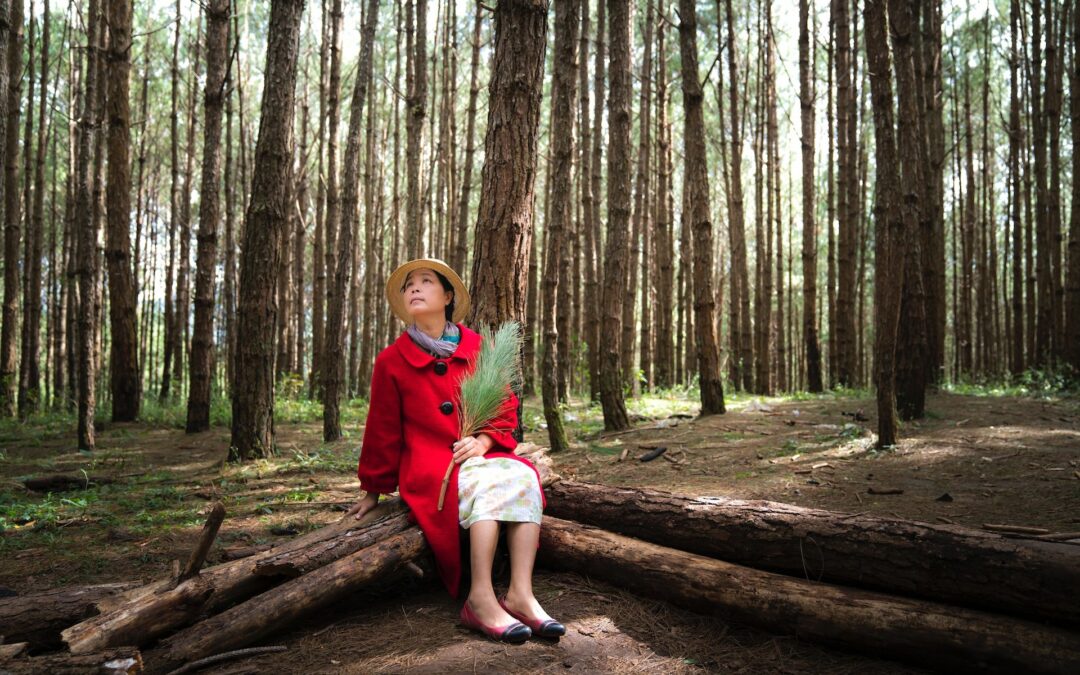I have been thinking about danger a lot, lately. Reading the daily news headlines, I am reminded the world is full of dangers: the dangers of climate change; the dangers of geopolitical conflicts; the daily threats to democracy, free press, access to reproductive rights. Today, some folks view knowledge as dangerous, as local governments continue to block critical race theory and ban books that speak truth to power. Then there are the continued dangers of this virus that inhabits a substantial portion of my thoughts each day.
Abunai is the Japanese word for dangerous or risky. This word tethered me to my Japanese mother as she pointed out the daily dangers all around me. I was warned about the danger of falling, or objects falling on me. There was the danger of eating too fast (could lead to choking) or too slow (could lead to food getting cold and going to waste). I was warned to never drive at night or walk alone. There were lesser dangers my mother pointed out, such as being noticed or taking up too much space. Her message to me was clear- abunai, the world is dangerous; you must be vigilant and avoid taking risks. I do not judge my mother for this. She grew up poor, in a family that struggled to stay housed and nourished. She married an American GI and moved from a small community on the island of Okinawa to NYC. She did not speak English and she did not understand the loud, hectic city that surrounded her. She left behind her family, her language, her culture- parts of herself. As a female, Asian immigrant, with no higher education, she faced the intersectional dangers of racism, xenophobia, classism, and sexism. So yes, abunai is a word she sought refuge in; abunai is a word she used to protect herself and her children from harm.
The full impact of seeing the world as a dangerous place really took root during the pandemic. I did not have to scan too far ahead to see danger around every corner. I started to sense danger in touch, and even in breath. Going to the grocery store, crossing paths with my neighbor, sending my kid to school, going to work- “Abunia, abunai!” There were no small risks; everything felt dangerous. Looking back on this period, I noticed how unwilling I was to take risks. More each day, I started slipping further into immobilization- I was frozen. I was surviving, but was I living?
Our bodies have an internal alarm system, designed to track and respond to danger. Have you ever walked into a room and felt a heaviness in the air, or a tension? This sense of unease alerts you to some kind of threat, and it can stop you in your tracks as your eyes dart and your ears prick to explore for the source. Have you ever caught something out of the corner of your eye, a moving object hurtling through the air towards your head? Before you can stop to think “that is just (the hundredth) paper airplane my kiddo has made jettisoning towards my face,” your arm is flying up to guard you from this threat. The moment we sense a threat to our safety, our bodies are sending signals to the brain and nervous system, and we are mobilizing for fight or flight, or if we become too overwhelmed, we may start to shut down and become immobile, a state of freeze. This response system is not cognitive; it is subconscious and involuntary. Whether that object flying towards your head is a paper airplane, your brain, body, and nervous system might respond as if it were something much more harmful and destructive-our brains do not make the distinction between real and perceived threat. For many who have endured years of chronic stress, or experienced trauma, we become conditioned to treat all threats to safety as if our very lives are in danger, functioning on the premise of survival.
Why does this matter? I like to pose this question to myself and to my clients to see how we might integrate knowledge into practice. My 8-year-old recently started to learn to skateboard. Watching him take on this new way of moving his body was both exciting and terrifying. At first, I could barely watch. I stood at a distance, calling out my own version of abunai, pointing out the possible dangers he was about to crash into, all the bruises he was going to suffer. My entire body would be rigid from the neck down, my breath shallow and fast- only my head stayed busy with thoughts and worst-case scenario imaginings. But then something started to happen. I watched as this kid got up, fell, got up, fell, got up, fell, until one day he landed a move he worked on for weeks. He turned and looked at me, threw his head back and his arms up, and let out this joyful sound that came from somewhere deep inside. He took risks everyday leading up to the day he landed this move- the risk of failure; the risk of getting hurt; the risk of uncertainty. He took risks, and eventually he was served up a big heap of ecstatic joy!
What if we could attune to our body’s internal alarm system, and work with it to navigate towards safety, and at the same time, to regulate our response so that we return to a sense of connection? The good news is that we can condition our internal alarm system, and it doesn’t have to be a complex process. Here are some simple practices you can use to engage and ease your internal alarm system, decreasing arousal:
- Essential oils (especially calming scents like lavender, bergamot, and chamomile)
- Deep, slow breaths that pull air down into your belly
- Snuggling down beneath a weighted blanket
- Heavy work (think digging in your garden; trail maintenance; pulling/pushing a load of wood- any activity that engages large muscle groups)
- Music (soothing and calming, or check out bilateral music)
Here are a few simple practices you can engage to increase your activity level when you are feeling more shut-down and frozen, increasing arousal:
- Essential oils (especially activating scents such as orange, peppermint, and rosemary)
- Movement of any kind (solo dance party in the kitchen, sitting on a rocking chair or bouncing on a yoga ball)
- Chewing crunchy food
- Handcrafts, playing with clay, or fingerpainting
- Shower (play around with the water temperature and see if you can tolerate a colder, more energizing shower)
I took a cue from my kid (he is one of my wisest teachers) and I recently started roller skating. Roller skating puts me in close connection with my internal alarm system, and as I navigate that relationship to risk, I can honestly feel myself become more alive.
What about you- what are you willing to risk to feel more fully alive?

